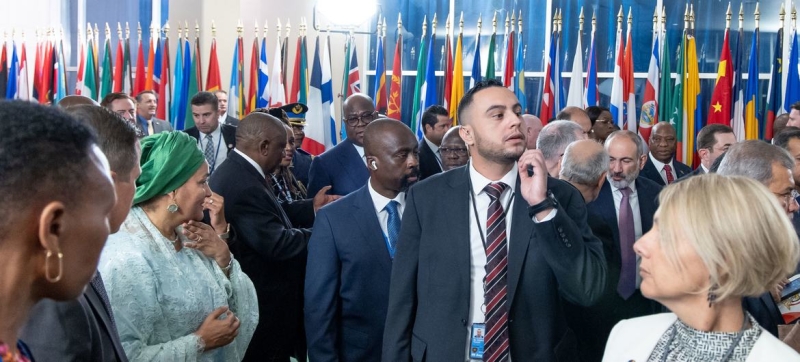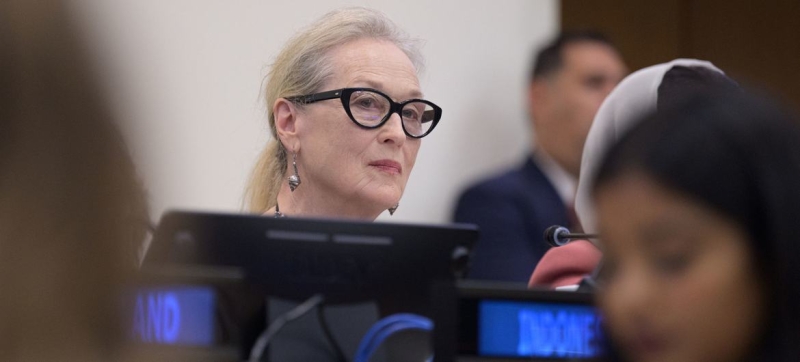
Opening of the UN General Assembly High Week. Delegations Arrive. When the World Comes to Manhattan: Summing Up the UN General Assembly High Week UN
Every September, the UN headquarters in New York is packed with heavy security, snipers on the rooftops, long motorcades and numerous delegations. World leaders, surrounded by diplomats, head to the main international podium or to bilateral meetings. The UN corridors are filled with politicians, celebrities, journalists and photographers.
This year, the high-level week, or as it is also known, the week of general political debate, included about 235 events and hundreds of speeches. The focus was on the most pressing issues affecting the world organization and the international community as a whole: the need to revise the outdated global economic order, resolve conflicts, find solutions to the nuclear issue, combat climate change, as well as inequality and poverty.
The Future Summit
Opening the Future Summit, which was held on 22-23 September, on the eve of the high-level week, UN Secretary-General António Guterres called for change: “We cannot build a future fit for our grandchildren with the systems built for our grandparents.”
More than 140 leaders addressed the summit, which also included representatives of youth organizations and civil society. Delegations from countries adopted a groundbreaking Pact for the Future. They also agreed on a Global Digital Compact.
General Assembly in Numbers
Representatives of 190 countries spoke at the General Assembly, including 71 heads of state and 42 heads of government. Other countries were represented at the level of deputy prime ministers, foreign ministers or permanent representatives to the UN.
However, only 19 women spoke during the high-level week. One of them, Icelandic Foreign Minister Thordis Kolbrun Reykfjord Gylfadóttir, pointed this out in her speech. “I thought we had achieved more,” she said.
What World Leaders Talked About
Despite the fact that leaders from different regions came to the General Assembly, their speeches were united by several common themes that, to varying degrees, concern residents of all continents.
Thus, many politicians spoke about the need to reform the multilateral system and the United Nations, and in particular – expanding the membership of the Security Council, resolving conflicts – from Ukraine to the Middle East – and preventing their further escalation, countering the nuclear threat, combating climate change, easing the debt burden for developing countries, as well as the need for effective governance of artificial intelligence and its use for the benefit of the entire world community.

Meryl Streep at the UN for a high-level event on Afghanistan.
Meryl Streep on the situation of women in Afghanistan
Among the many celebrities who took part in the high-level week was American actress Meryl Streep. She spoke at a meeting dedicated to the situation of women in Afghanistan.
“Today in Kabul, a cat has more freedoms than a woman. A cat can sit on the porch and warm its face in the sun. It can chase a squirrel into the park. Today in Afghanistan, a squirrel has more rights than a girl, because the public parks have been closed to women and girls by the Taliban. “A bird can sing in Kabul, but a girl or a woman cannot,” Streep said.
“This is a suppression of the law of nature,” she added. Streep called on the Sunni community and the international community as a whole to influence the situation.
Declaration on Antimicrobials
A high-level meeting on antibiotic resistance was also held as part of the 79th session of the General Assembly. Antimicrobial resistance is a global problem. Every year, it is the direct cause of 1.3 million deaths and a contributing cause of another 5 million deaths.
World leaders have adopted a political declaration committing to achieving specific targets in the fight against antibiotic resistance, including reducing deaths from it by 10 percent by 2030.
